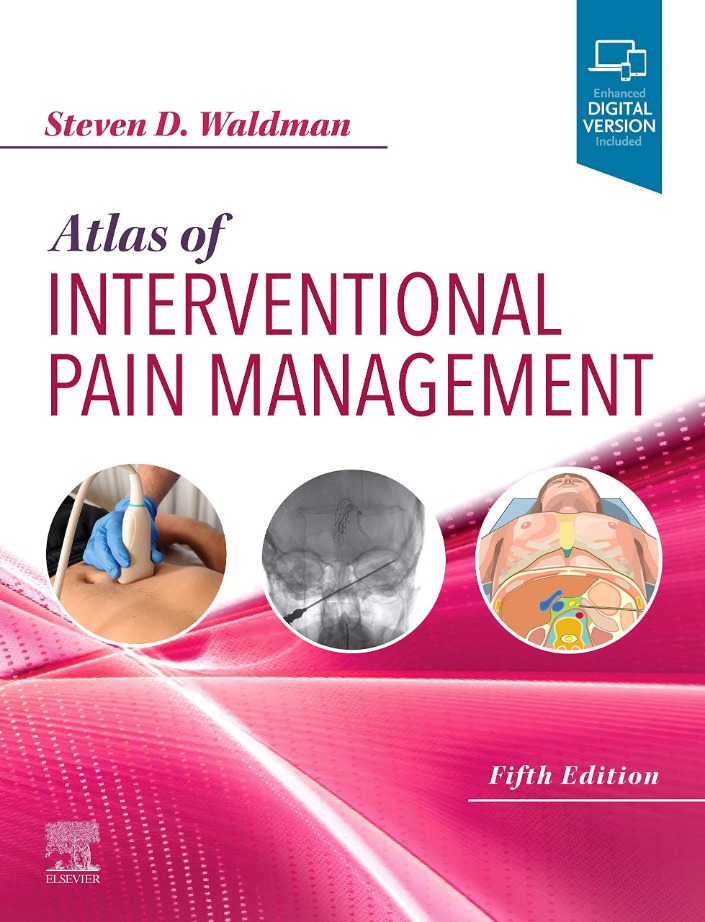In recent years, the field of pain management has undergone a significant transformation with the advent of interventional pain management techniques. These minimally invasive procedures offer targeted relief for individuals suffering from chronic pain, helping them regain control of their lives and find comfort.
What is Interventional Pain Management?
Read more about interventional pain management, here.
Interventional pain management involves the use of advanced procedures to alleviate pain and improve quality of life for patients. These techniques target specific areas of the body where pain originates, providing relief without the need for extensive surgery or long-term medication use.
Benefits of Interventional Pain Management
There are numerous benefits to opting for interventional pain management over traditional pain relief methods:
- Targeted relief: Procedures are designed to address the exact source of pain, providing more effective and lasting relief.
- Minimally invasive: Most interventional pain management procedures can be performed on an outpatient basis, minimizing downtime and recovery.
- Reduced reliance on medication: By treating the root cause of pain, patients can often reduce or eliminate the need for long-term medication use.
- Improved quality of life: With pain relief comes improved mobility, sleep, and overall well-being, allowing patients to return to their daily activities.
Common Interventional Pain Management Procedures
There are several commonly performed interventional pain management procedures, including:
- Epidural steroid injections: These injections deliver anti-inflammatory medication directly to the epidural space, reducing inflammation and relieving pain.
- Facet joint injections: Targeting the small joints in the spine, these injections can provide significant pain relief for individuals with facet joint syndrome.
- Radiofrequency ablation: This procedure uses radiofrequency energy to disable nerves that are causing pain, offering long-lasting relief.
Frequently Asked Questions
Q: Are interventional pain management procedures covered by insurance?
A: Many insurance plans do cover interventional pain management procedures, but it is important to check with your provider to determine coverage.
Q: How long does it take to see results from an interventional pain management procedure?
A: Results can vary depending on the specific procedure and individual, but many patients experience relief within a few days to a week after treatment.
With the advancements in interventional pain management, individuals suffering from chronic pain now have more options than ever before for effective relief. If you are struggling with persistent pain, consult with a pain management specialist to explore the possibilities of interventional pain management and reclaim your quality of life.






